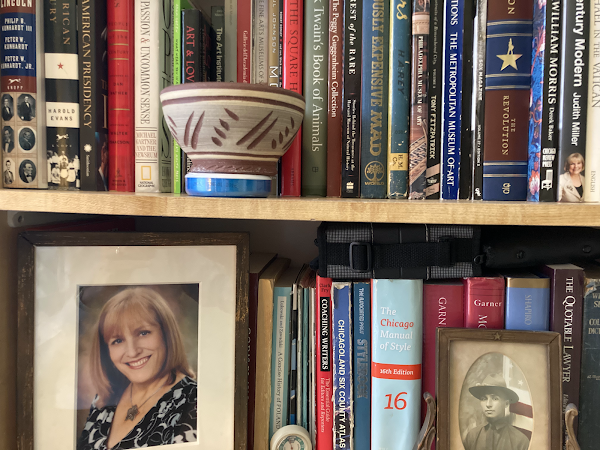The novel survived the coronavirus. Reading habits mutated. Have you caught the bug?
Mom called to ask for audiobook recommendations; her reading habit has not dimmed despite lost sight. What have I read lately? If I recall sunlight on the page from a bus window, it was not this year. Books were important in my commute, timed so I could take a seat and turn pages. The pandemic lockdown seemed like the end of a literary chapter, but it was only a plot twist. Book sales surged on Amazon and in superstores, and publishers ended the year strong.
To understand what happened I turned to big data—my reading list on Goodreads, a diary of reading exploits that Amazon and Google can unlock at any time.
Turns out I've read at least 20 books in 2020, more than any time since I left newspapers, and more on the couch than the commute. I didn't hear as much about having my nose in a newspaper or computer, though that could have been my hearing, and sometimes read past midnight to clear my head.


